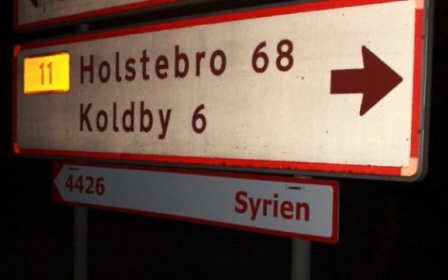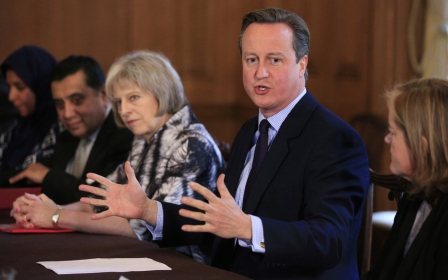VIDEO: Children of migrants told they're not Danish
A controversial statement on integration issued by the Danish parliament last month prompted local media to ask some surprising experts - children.
In February, the country's parliament issued a statement saying: “Parliament believes that Danes should not be in the minority in neighbourhoods in Denmark. Today there are areas in Denmark where the proportion of immigrants and descendants from non-Western countries is over 50 percent.”
Research carried out afterwards showed that in just two neighbourhoods in the whole country was the proportion of immigrants and their descendants over 50 percent.
Some took the statement to mean that Danish immigrants - and their children - were not seen as "true" Danes.
In response to the statement, local media organisation Gorilla Media set out to challenge this view in their video: "Telling kids they aren't Danish."
In a statement posted online with the video, Gorilla Media said they had decided to make the video to highlight how children born in Denmark to immigrant parents were being treated as second-class citizens.
"Since our politicians lack the courage to look our children in their eyes and tell them the news, we decided to, and to share their honest reaction as a powerful reminder to those in power to remember that the choices they make, the words they use, and the hate they spread effects everyone, especially our children," it said.
Addressing concerns that the children had been exploited in the making of the video, it said it had been made following ethical guidelines provided by the Danish Journalists Union.
"Scarlett (the little girl that cries) is the director's own daughter, and the other children are close friends of the family who have known the director their entire lives. Parents were naturally present, and they were prepped on the questions and tone of the video," the statement explained.
"After each individual interview was over, we spoke with the child, exchanged hugs, high fives, and had eye-opening conversations where they opened up and told us about all the times they had experienced discrimination in Denmark.
"We also had spoken with them as to why we were asking these ”silly questions” and that, of course, they were Danish. Since all the kids know each other, there was plenty of fun and games, when we were done we went and had lunch and ice cream."
Middle East Eye propose une couverture et une analyse indépendantes et incomparables du Moyen-Orient, de l’Afrique du Nord et d’autres régions du monde. Pour en savoir plus sur la reprise de ce contenu et les frais qui s’appliquent, veuillez remplir ce formulaire [en anglais]. Pour en savoir plus sur MEE, cliquez ici [en anglais].




